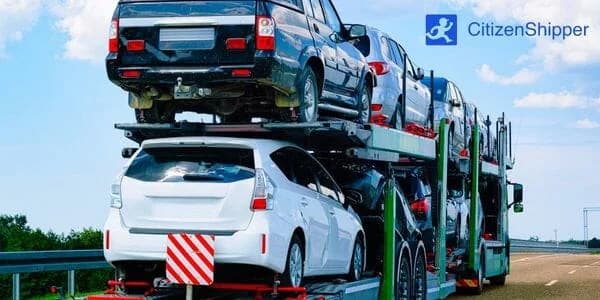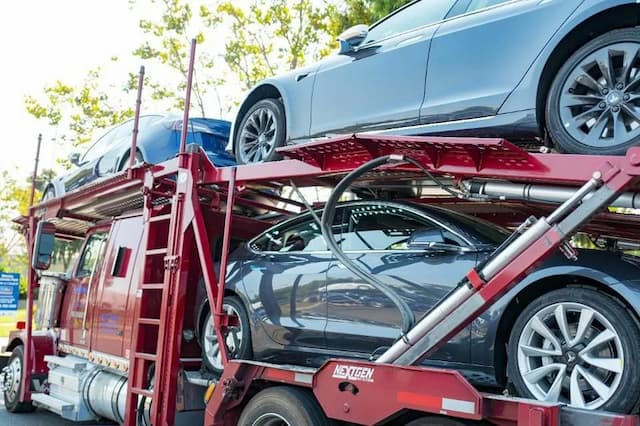Navigating Car Transport in Norfolk, VA
When it comes to shipping your car in Virginia, there's a world of factors to consider. Virginia, with its unique coastal location, ever-changing climate conditions, and urban challenges, presents a distinct set of circumstances. But don't worry! Here at CitizenShipper, we are committed to helping you navigate through it all. Whether you're moving into or out of Norfolk or need to transport your car for any reason, our expert team is here to help.
Virginia's Vehicle Transportation Laws & Regulations
In Virginia, car transportation laws and regulations are in place to ensure the safety and preservation of all vehicles and public roadways. Auto transporters must adhere to the Federal Motor Carrier Safety Administration (FMCSA) regulations for safety. Compliance involves ensuring that all vehicles are properly secured during transport and maintaining necessary documents for every shipped vehicle.
All auto transporters operating in Virginia must also possess an active MC Docket number, issued by the FMCSA. This number signifies that a transportation company is registered under the federal government, allowing them to legally operate across state lines. Additionally, Virginia has specific weight restrictions on highways and certain routes may require permits for oversized loads, which can affect larger vehicle transport carriers.
Weather & Terrain Considerations in Norfolk, VA
Weather patterns in Norfolk, VA have a significant impact on car shipping. With a humid subtropical climate, Norfolk experiences hot, humid summers with temperatures often exceeding 90°F, and relatively mild winters. The city is also susceptible to hurricanes and nor'easters from June to November, which can cause flooding and transportation disruptions, particularly near the Chesapeake Bay and Atlantic Ocean.
Norfolk's terrain is predominantly flat, typical of coastal Virginia, which generally makes it accessible for auto transport. However, the city's extensive network of bridges, tunnels, and waterways—including the Hampton Roads Bridge-Tunnel and the Elizabeth River Tunnels—can create logistical challenges for car carriers. Additionally, Norfolk's position as a major naval and shipping hub means that traffic congestion can be significant, especially during rush hours and near the Port of Norfolk. When planning vehicle transport to or from Norfolk, it's wise to consider these factors and allow for flexible timing, especially during hurricane season or winter months when occasional ice storms can affect road conditions.








